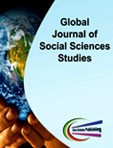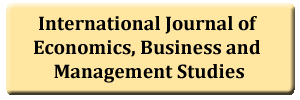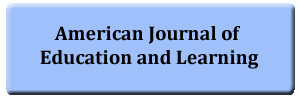Employee Relations: Influence of Communication Openness on Employee Job Satisfaction (A Study of Secondary School Teachers in Kogi State, Nigeria)
DOI:
https://doi.org/10.20448/807.6.1.39.50Keywords:
Employee relations, Communication openness, Job satisfaction, School teachers, Kogi state, Influence of Communication.Abstract
This study examined influence of communication openness on employee’s job satisfaction. The study adopted a survey research method, using structured questionnaire, Focus Group Discussion and In-depth Interviews. Four Hundred Secondary School teachers in the services of Kogi State Teaching Service Commission were randomly selected from 10 schools in each of the three Senatorial Districts of the state. Data were analysed, using frequency counts, percentages, mean and simple regression. Results show all items measuring communication openness, except one, met the criteria set for acceptance: existence of freedom of association and expression (3.2); existence of avenues for complaint and redress (1.0); adequacy of information on teachers’ job (2.7) clear definition of responsibility and effort expected (3.0). As for the teachers’ perception of job satisfaction, all items designed to measure the variables, except one, opportunity for professional growth, is restricted (2.2), attracts a mean score of 2.5 and above. In the same token, result of the simple regression analysis shows a correlation between communication openness and teachers’ job satisfaction (P≤0.05).





